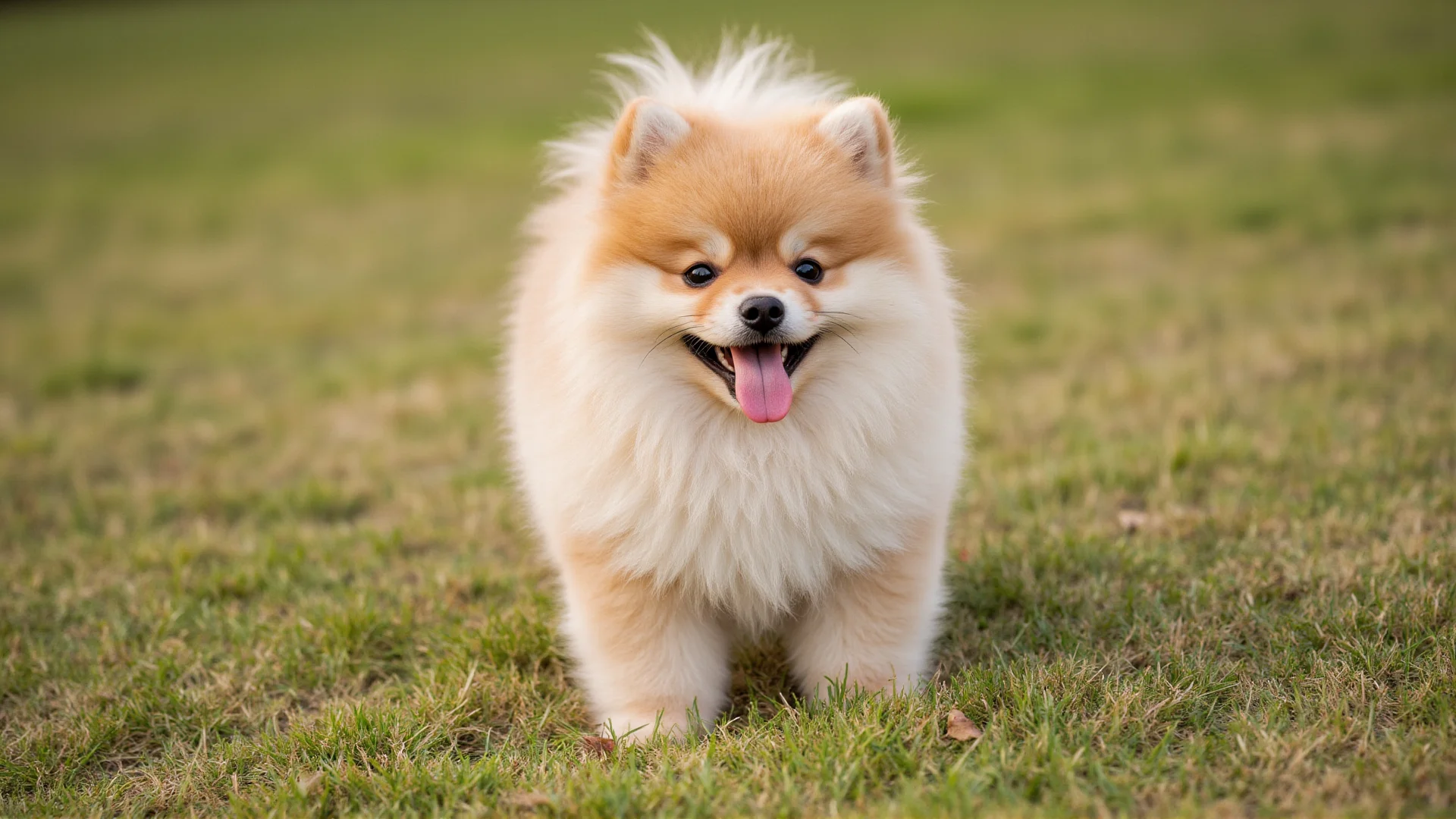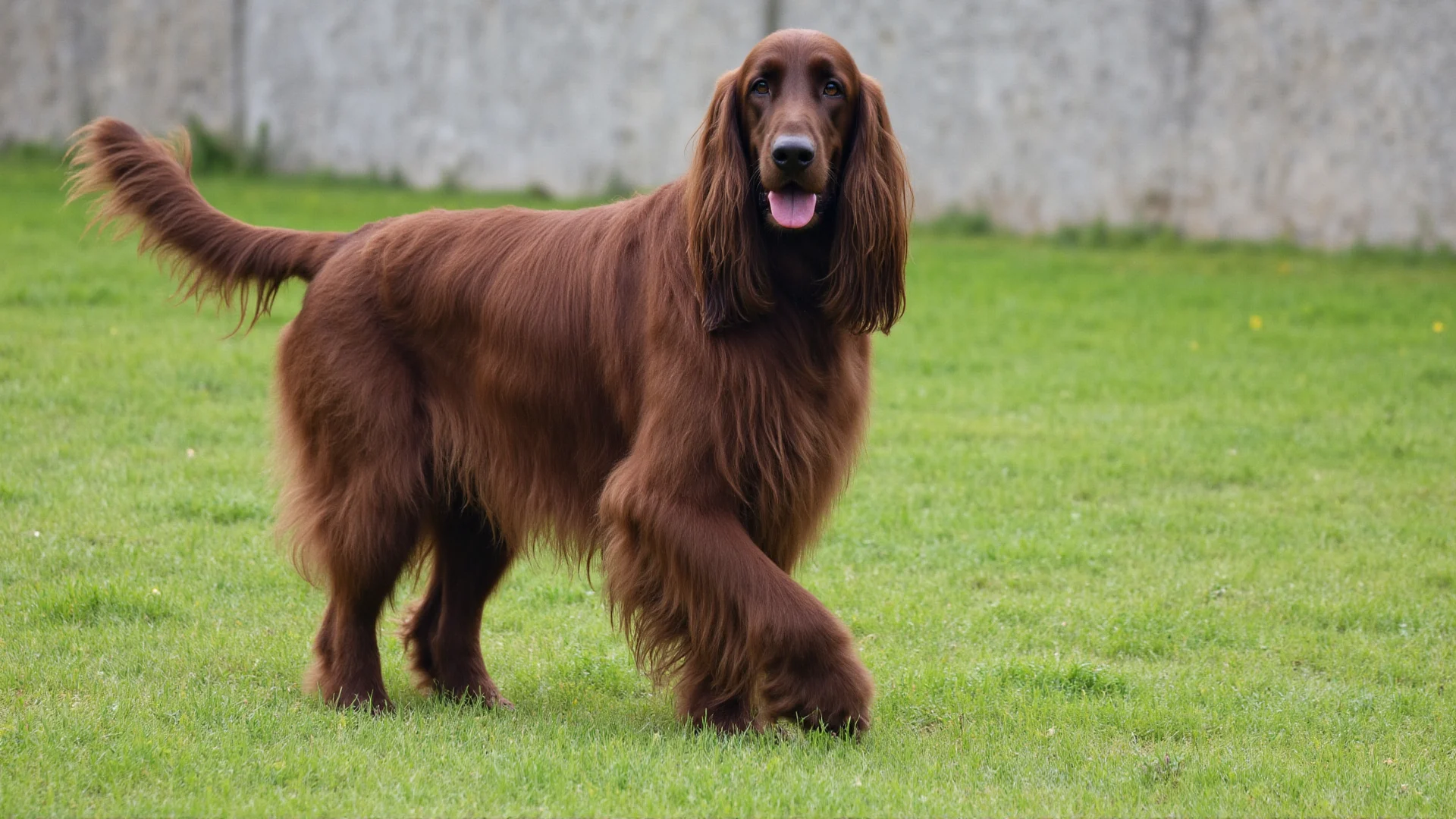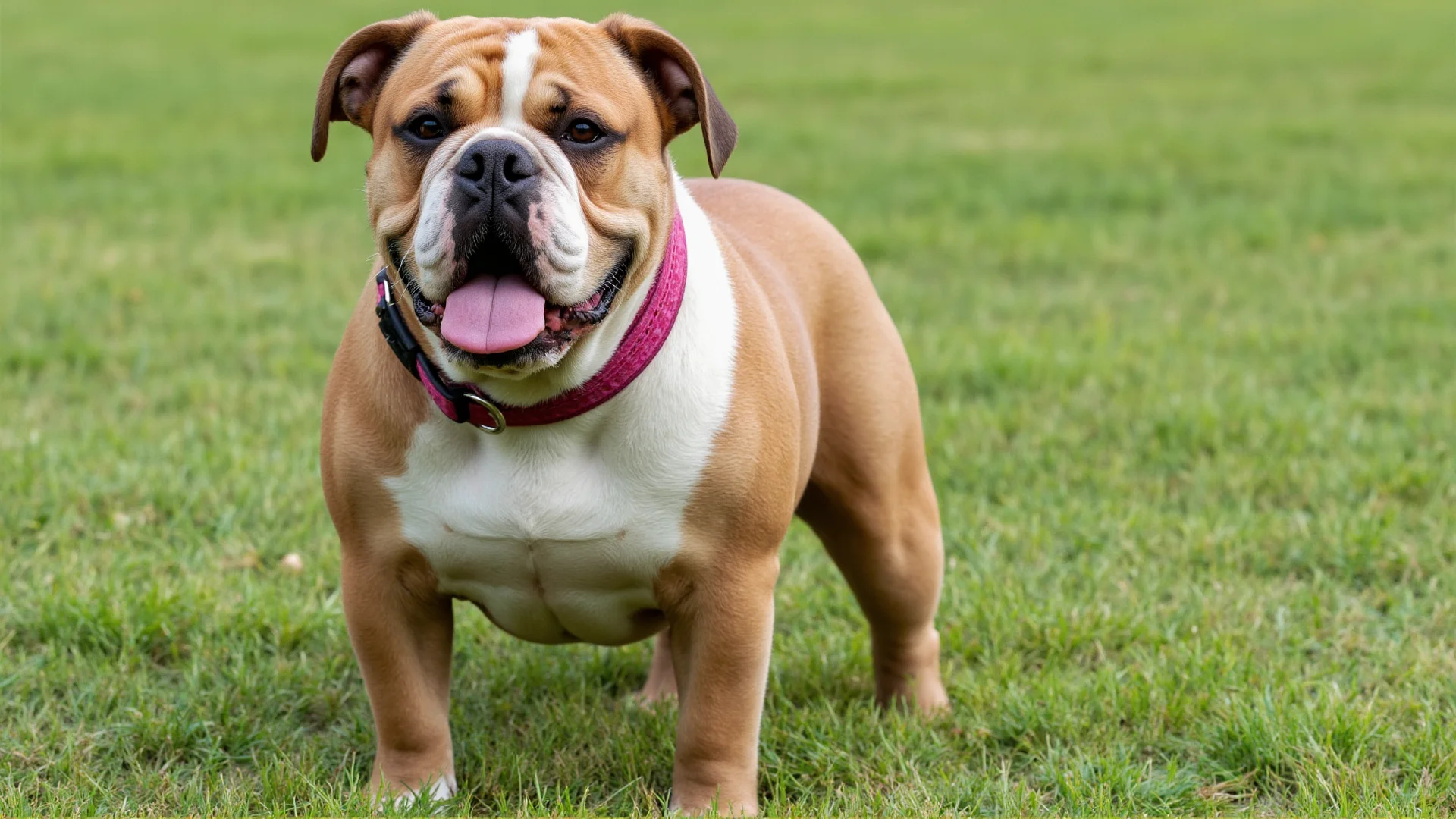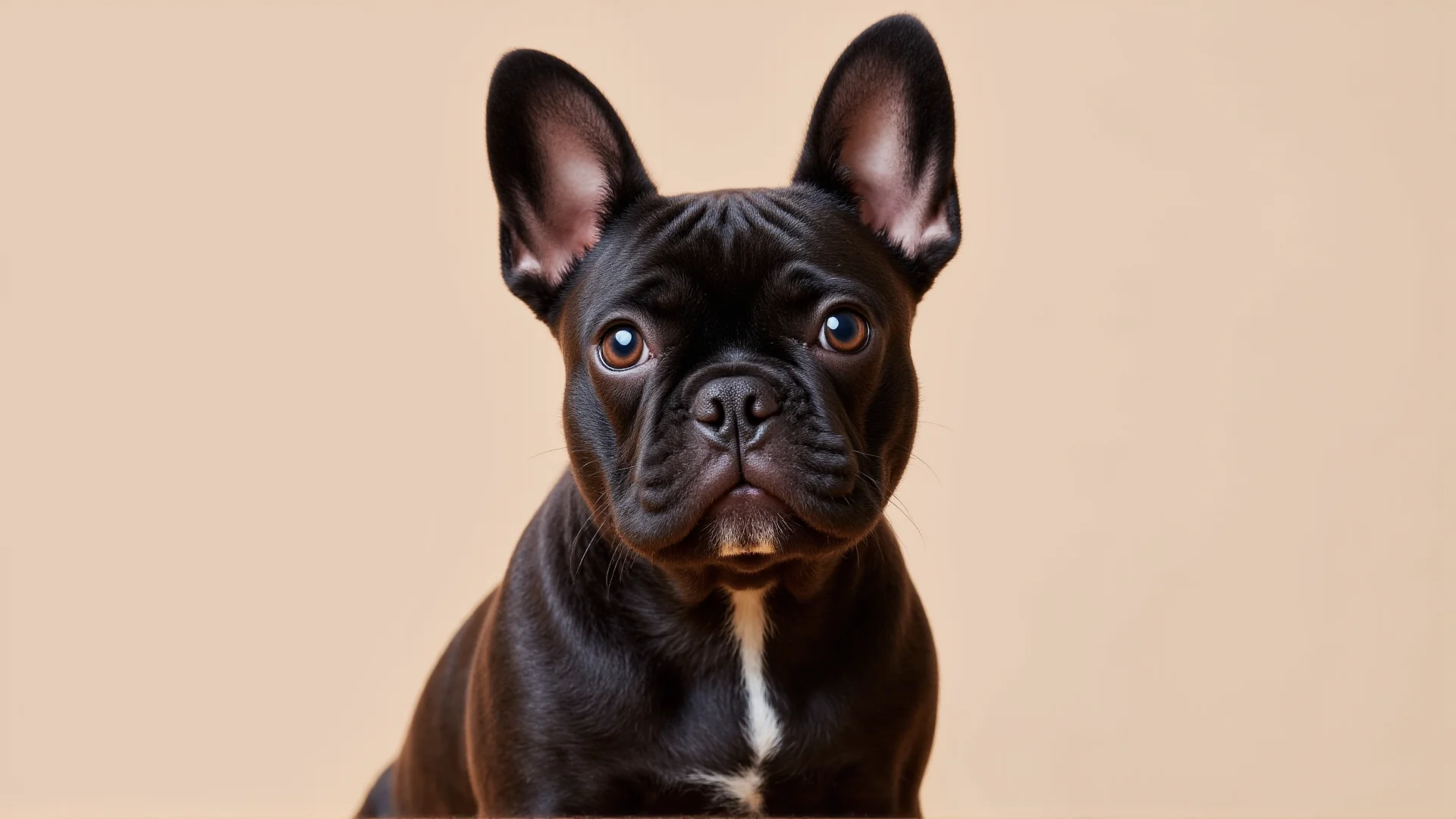The Ultimate Pomeranian Care Guide: Everything You Need to Know About Your Fluffy Companion
Pomeranians are one of the most beloved toy dog breeds, known for their fox-like faces, fluffy double coats, and vibrant personalities. These small but mighty dogs pack a lot of character into their tiny frames, but they also require specialized care to thrive. Whether you're a new Pomeranian owner or looking to improve your care routine, this comprehensive guide will help you provide the best possible care for your fluffy companion.
Understanding Your Pomeranian's Unique Needs
Pomeranians are descendants of large Arctic working dogs, which explains their thick double coat and spirited temperament. Despite their small size (typically 3-7 pounds), they retain many characteristics of their larger ancestors, including alertness, intelligence, and sometimes a bold attitude that can get them into trouble with bigger dogs.
These dogs are known for being excellent watchdogs, often alerting their families to visitors or unusual sounds. However, this alertness can sometimes lead to excessive barking if not properly managed through training and socialization.
Grooming: The Foundation of Pomeranian Care
Daily Brushing is Essential
The most critical aspect of Pomeranian care is maintaining their beautiful double coat. Daily brushing is not optional—it's essential for preventing matting, reducing shedding, and keeping your Pom's skin healthy. Use a slicker brush or pin brush, working from the skin outward to remove loose undercoat and prevent tangles.
Bathing Guidelines
Bathe your Pomeranian every 3-4 weeks or as needed. Use a high-quality dog shampoo designed for double coats, and always brush thoroughly before bathing to remove any mats. After shampooing, use a conditioner to keep the coat soft and manageable. Always blow-dry your Pomeranian's coat completely, as a damp undercoat can lead to skin problems.
Professional Grooming
Consider professional grooming every 6-8 weeks. A professional groomer can trim around the sanitary areas, feet, and face while maintaining the coat's natural shape. Avoid shaving your Pomeranian's coat, as it may not grow back properly and can lead to skin issues.
Nutrition: Feeding Your Small but Mighty Companion
High-Quality Small Breed Formula
Pomeranians require high-quality nutrition packed into small kibble sizes. Choose a premium small breed dog food that lists meat as the first ingredient. Small dogs have faster metabolisms than larger dogs, so they need nutrient-dense food to meet their energy requirements.
Portion Control and Feeding Schedule
Due to their tiny size, Pomeranians are prone to hypoglycemia (low blood sugar), especially as puppies. Feed adult Pomeranians 1/4 to 1/2 cup of high-quality dry food daily, divided into two meals. Puppies may need three to four smaller meals throughout the day to maintain stable blood sugar levels.
Treats and Weight Management
While it's tempting to spoil your adorable Pom with treats, obesity is a serious health concern for this breed. Treats should make up no more than 10% of your dog's daily caloric intake. Choose healthy options like small pieces of carrots, blueberries, or high-quality training treats.
Exercise and Mental Stimulation
Indoor Exercise Options
Pomeranians don't require extensive exercise, but they do need daily activity to maintain physical and mental health. A 20-30 minute walk or several short play sessions throughout the day are usually sufficient. Indoor play can meet much of their exercise needs, making them excellent apartment dogs.
Mental Enrichment
These intelligent dogs thrive on mental stimulation. Puzzle toys, treat-dispensing toys, and short training sessions can help prevent boredom and destructive behaviors. Rotate toys regularly to maintain your Pom's interest.
Weather Considerations
Pomeranians can be sensitive to extreme temperatures. In hot weather, exercise during cooler parts of the day and watch for signs of overheating. In cold weather, despite their fluffy coat, they may need a sweater or coat for extended outdoor time, especially if they're wet or the wind is strong.
Health Care and Common Concerns
Regular Veterinary Care
Establish a relationship with a veterinarian experienced with toy breeds. Pomeranians should have annual wellness exams, with senior dogs (7+ years) potentially needing twice-yearly check-ups. Stay current on vaccinations, parasite prevention, and dental care.
Breed-Specific Health Issues
Pomeranians are prone to certain health conditions including luxating patella (kneecap dislocation), tracheal collapse, heart problems, and eye issues. Early detection through regular vet visits can help manage these conditions effectively.
Dental Health
Small dogs are particularly prone to dental problems due to their tiny mouths and crowded teeth. Brush your Pomeranian's teeth daily using dog-specific toothpaste, and provide dental chews appropriate for their size. Professional dental cleanings may be needed annually.
Temperature Regulation
Monitor your Pomeranian for signs of heatstroke in warm weather, including excessive panting, drooling, or lethargy. Provide plenty of fresh water and shade, and never leave your dog in a parked car.
Training and Socialization
Early Socialization
Proper socialization is crucial for Pomeranians, who can develop "small dog syndrome" if not properly trained. Expose your puppy to various people, sounds, and experiences in a positive, controlled manner during their critical socialization period (3-14 weeks).
Basic Obedience
Start with basic commands like sit, stay, come, and down. Use positive reinforcement techniques with small, high-value treats. Keep training sessions short (5-10 minutes) but frequent, as Pomeranians can have short attention spans.
Addressing Behavioral Challenges
Many Pomeranians can be prone to excessive barking, possessiveness, and difficulty with house training due to their small bladders. Consistency, patience, and positive reinforcement are key to addressing these challenges successfully.
Creating a Safe Environment
Puppy-Proofing for Small Dogs
Pomeranians' small size makes them vulnerable to injuries that wouldn't affect larger dogs. Secure areas where they could fall, block access to spaces where they could get stuck, and remove small objects that could be choking hazards.
Safe Interactions with Children and Other Pets
Teach children how to properly handle and interact with your Pomeranian. Supervise interactions with larger dogs, as Pomeranians often don't realize their size limitations and may challenge much larger animals.
Building a Strong Bond
Pomeranians are loyal, affectionate companions who thrive on attention and interaction with their families. Spend quality time with your Pom through gentle play, training sessions, and simply being together. These dogs often form strong bonds with one family member but can learn to be social with everyone in the household.
Remember that behind that fluffy, adorable exterior is an intelligent, spirited dog with their own personality and needs. By providing consistent care, proper nutrition, regular grooming, and lots of love, you'll ensure your Pomeranian lives a long, healthy, and happy life as your cherished companion.
Conclusion
Caring for a Pomeranian requires dedication, especially when it comes to grooming and health monitoring, but the rewards are immeasurable. These charismatic little dogs bring joy, companionship, and endless entertainment to their families. With proper care, your Pomeranian can live 12-16 years, providing you with many years of fuzzy cuddles and loyal friendship.
Remember that every Pomeranian is an individual with their own personality, preferences, and needs. Pay attention to your dog's signals, maintain open communication with your veterinarian, and enjoy the special bond that comes with caring for one of these remarkable little dogs.






